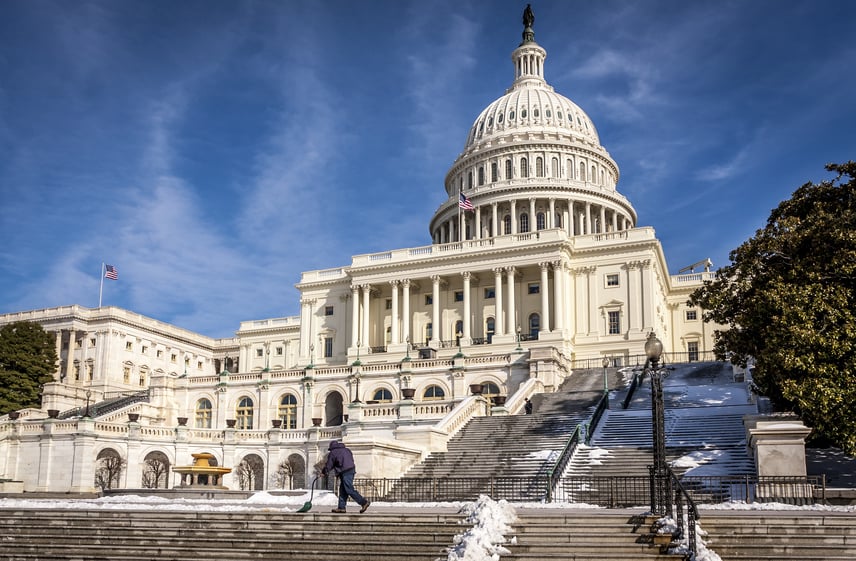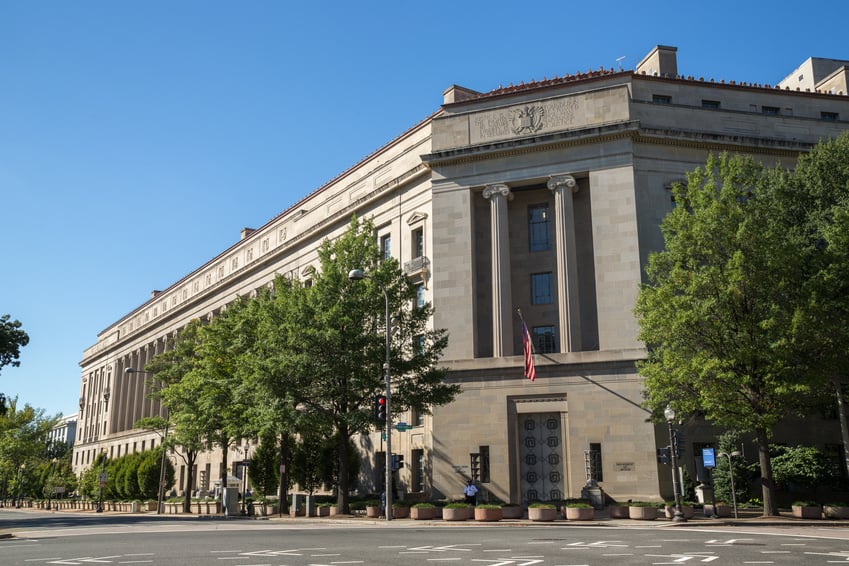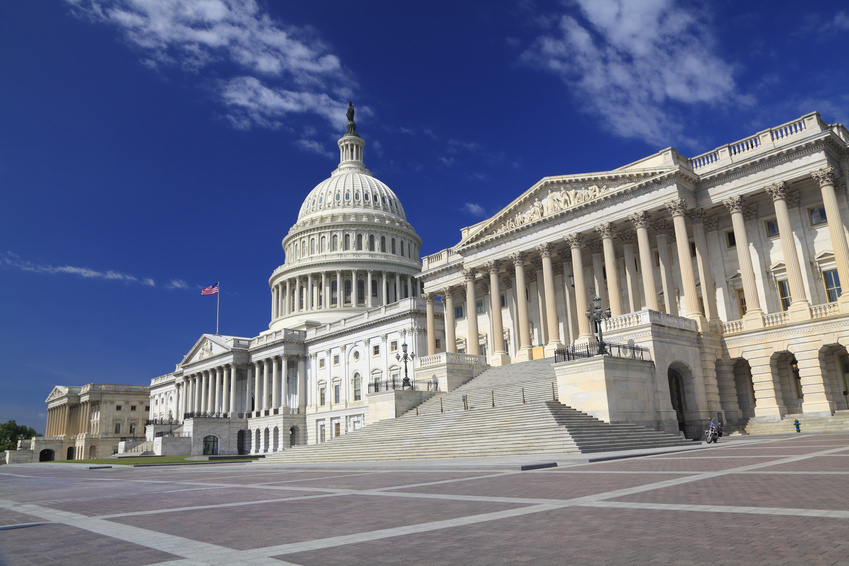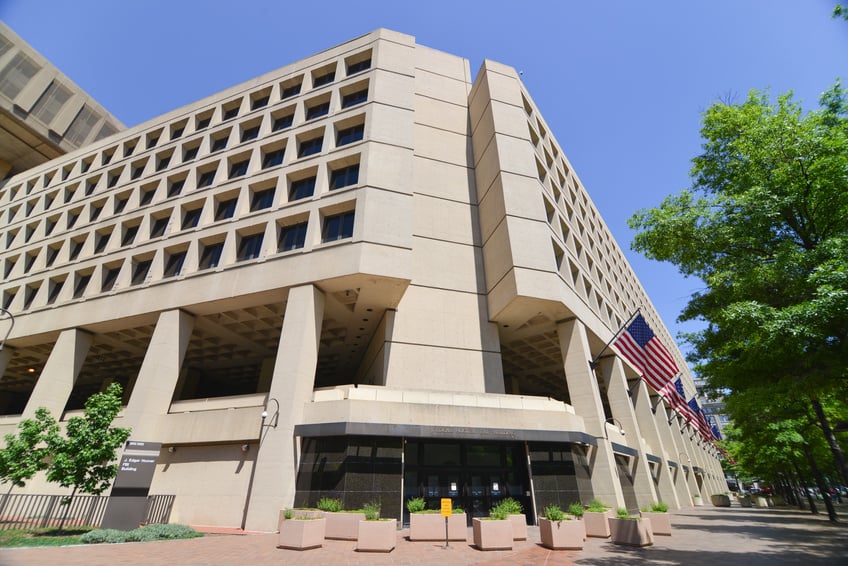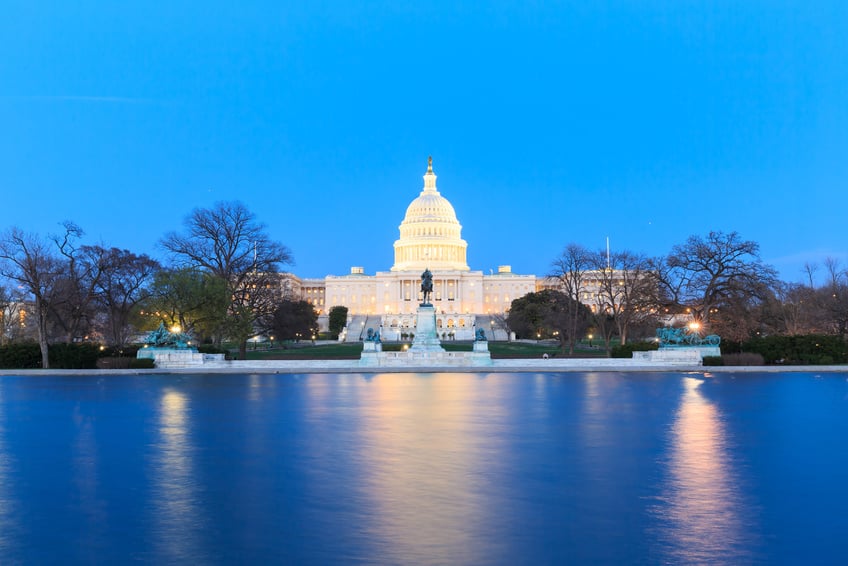On June 8, 2021, the White House published a set of reports on the 100-day interagency reviews conducted pursuant to Executive Order 14017 “America’s Supply Chains”. The Reports were accompanied by a White House Fact Sheet summarizing the key findings, expressing support for some of the policy recommendations, and announcing additional Biden Administration measures directed at strengthening the resilience of the country’s supply chains.
In lieu of the annual in person Global Trade Conference, Baker McKenzie are excited to provide a virtual offering available to clients and friends worldwide. The conference will be comprised of nine one-hour sessions over the course of three days. Please join us on July 13, 14 and 15 for any or all sessions.
This portion of the Reports outlined findings and recommendations pertinent to companies managing critical minerals supply chains, including cobalt, graphite, and lithium. First, the Reports conceded that, although onshoring more of the strategic and critical minerals production chain is in the United States’ strategic defensive and economic interests, this process will take years given the technical and manufacturing expertise required to support such a transition. In addition, the Reports discussed the risks posed by disruption and instability along the critical minerals production chain stemming from links with organized crime and human rights abuses.
Developing new ESG and climate disclosure requirements (including those relating to supply chain impacts) is one of the SEC’s key priorities, and there have been indications that proposed rule-making on the issue may be imminent. The topic was once again raised by SEC Commissioner Allison Herren Lee this week at the 2021 ESG Disclosure Priorities Event.
Over a year into the global pandemic, businesses have had to pivot to survive and adjust to new ways of conducting business. Now, more than ever, Asia Pacific business leaders are making the necessary strategic changes to meet the needs of a vastly changed business landscape — and deciding where legal expertise may be needed most to limit and manage disruption and soften risks. This report will delve into how businesses view rising protectionism, regulatory scrutiny and foreign investment restrictions, and how these views are directly impacting their supply chain strategies.
Baker McKenzie’s annual supply chain conference concluded with a discussion on best practices for inoculating supply chains against inevitable disruption as well as actionable tips for managing increasing third party risks. Attendees were given practical advice and proven solutions to implement successful supply chain risk management techniques. Click here to view*…
Baker McKenzie is pleased to invite you to our virtual annual conference Supply Chain Risks & Rewards in Emerging Markets. In addition to providing the latest updates on regional and industry specific supply chain compliance developments, this webinar series will focus on cutting edge issues in supply chain risk management—including…
The Securities and Exchange Commission (“SEC”) has taken a major step towards exercising its significant power to require companies to disclose greater information relating to ESG and climate impacts. On March 4, 2021, the SEC announced that it has formed a Task Force focusing on climate and ESG disclosure issues.…
In the wake of the administration change in the U.S. and continued growth in sustainability obligations around the world, we encourage you to listen to our recent discussion with Positive Luxury exploring the ramifications to corporations of these rapid regulatory developments. Alyssa Auberger & Reagan Demas recently joined @PositiveLuxury for an in-depth…


